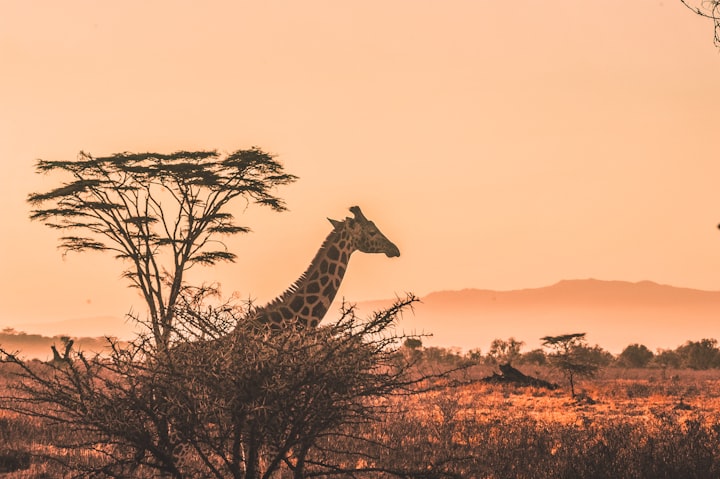Original Name of Africa
Whispers of Alkebulan

Africa, the land where humanity took its first steps, pulsates with a vibrant heart, echoing the whispers of ancient stories and the rhythm of diverse cultures. Its very origins and the names it carries are woven into a captivating tapestry, begging to be unravelled. Today, we embark on a journey back through time, exploring the whispers of Africa's genesis and the alluring myth of its "original" name – Alkebulan.
From the Molten Cradle to the Cradle of Humanity
Our story begins millions of years ago, when the supercontinent Pangea decided to embark on a dramatic breakup. As tectonic plates shifted and continents reshaped, Africa, like a phoenix rising from the ashes, emerged from the fiery depths of the Earth's mantle. This geological dance sculpted the vast plateaus, fertile plains, and rugged mountains that define Africa's diverse topography.
Fast forward millions of years, and Africa takes center stage in humankind's greatest drama – our own evolution. Fossils whisper tales of early hominids like Lucy, Australopithecus afarensis, who walked the continent around 3.2 million years ago. From these ancient ancestors, Homo sapiens emerged, carrying the torch of human existence and venturing out to populate the world. Africa, therefore, holds the distinction of being the cradle of humanity, a legacy that resonates in every corner of the globe.
But what about the name "Africa"? Where did it come from? Buckle up, because the answer is as diverse as the continent itself. Several theories, each with its unique perspective, vie for dominance:
1. The Roman Connection: The most widely accepted theory points to the Romans, who used the term "Afri" to refer to a Berber tribe inhabiting northern Africa. This "Afri" evolved into "Africa," encompassing the entire continent.
2. The Sunny Land: Some believe the name stems from the Latin word "aprica," meaning "sunny." This theory aligns with Africa's warm climate and sun-drenched landscapes.
3. Whispers from Phœnicia: Others suggest the name originated with the Phœnicians, who used the word "afar" meaning "dust" to describe the Sahara Desert. However, this theory lacks strong historical evidence.
4. An Egyptian Legacy: An intriguing proposition posits an Egyptian origin. The word "af-rui-ka" in ancient Egyptian translates to "land turned towards the opening," possibly referring to the Nile Delta or the continent's position facing the rising sun.
5. Lost in Translation: Another theory suggests the name evolved from the Arabic word "frik," meaning "divide" or "separate," reflecting the geographical separation of Africa from other continents.

The Myth of Alkebulan
However, there's another name that whispers through the continent's heart – Alkebulan. Meaning "mother of mankind" or "the garden of Eden" in various indigenous languages, Alkebulan carries a powerful resonance. Yet, unlike the theories surrounding "Africa," its historical evidence remains elusive.
Though some propose Alkebulan as the continent's original name, it's crucial to understand that Africa, vast and diverse, lacked a single unifying name before European contact. Local communities used various terms to identify their regions and kingdoms, making it difficult to pinpoint one definitive "original" name.
Beyond the Name
Instead of fixating on a single label, perhaps the true essence of Africa lies in the rich tapestry of identities woven across the continent. From the ancient Egyptians to the vibrant Maasai, each region and community carries its own unique name, reflecting its history, culture, and connection to the land.
Africa's origins and the story behind its names are not merely historical facts; they are testaments to the continent's resilience, diversity, and enduring legacy. As we delve deeper, we discover a land teeming with stories waiting to be told, reminding us that the true essence of Africa lies not in a single name, but in the countless narratives that resonate across its vast and vibrant landscape.






Comments
There are no comments for this story
Be the first to respond and start the conversation.